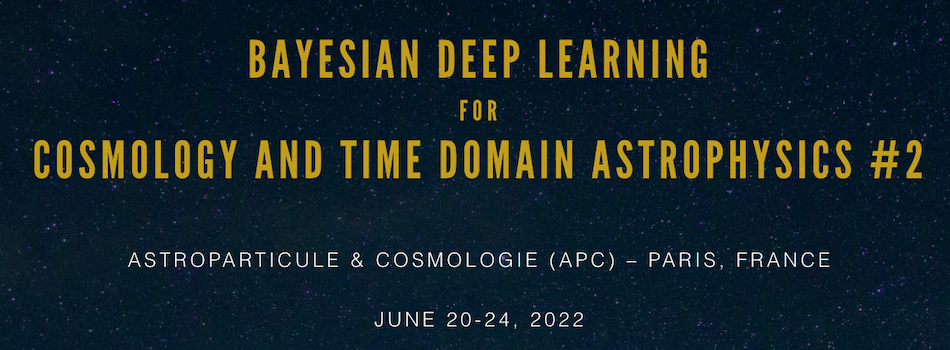Orateur
Description
The INPOP planetary ephemerides are worldwide references for Planetary Ephemerides for almost twenty years now, and the subject proposed in this poster is devoted to continue this development in investigating a rigorous mathematical set-up of a Bayesian approach for the determination of INPOP parameters involved in the ephemerides computation.
It has been already shown in several publications that testing gravity with the orbits of solar system objetcs is affected by heavy correlations between parameters and can e highly improved by using alternative methods to the classic optimization methods like the Least Squares. The construction of INPOP following a full Bayesian characterization would overcome this kind of correlation problems.
The work presented here had been developed in the frame of measuring the mass of the graviton with planetary ephemerides. Untill now we tried to asses model uncertainty, and to proceed with Bayesian inference, using MCMC methods and the Likelihood values obtained from the classical INPOP fit for the remaining parameters involved.
An additional important difficulty for our specific problem is that obtaining the Likelihood is computationally expensive (in terms of time) since we integrate equations of motions for the whole Solar System. Therefore we cannot use it directly in the Bayesian algorithm but we can use interpolated values of the Likelihood using Gaussian Process (GP).
The GP is used for:
i) estimating interpolated values,
ii) assessing the uncertainty of the approximated-Likelihood computation.
Using as parameter of the Bayesian inference the mass of the graviton is the first step, afterwards we will proceed with the computation of PPN parameters and the masses of the asteroids exploiting more advanced MCMC and Bayesian Deep Learning methods. The INPOP planetary ephemerides are involved in the design of several space missions (like JUICE, BepiColombo and GAIA), for fundamental physics and Solar System dynamics investigations (for short-term and long-term integration of the equations of motion) therefore improving the precision of the INPOP ephemerides by a Bayesian approach can also influence the final outcome of all these missions and researches.

